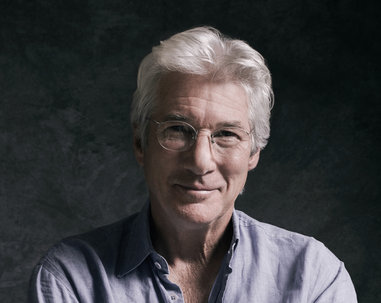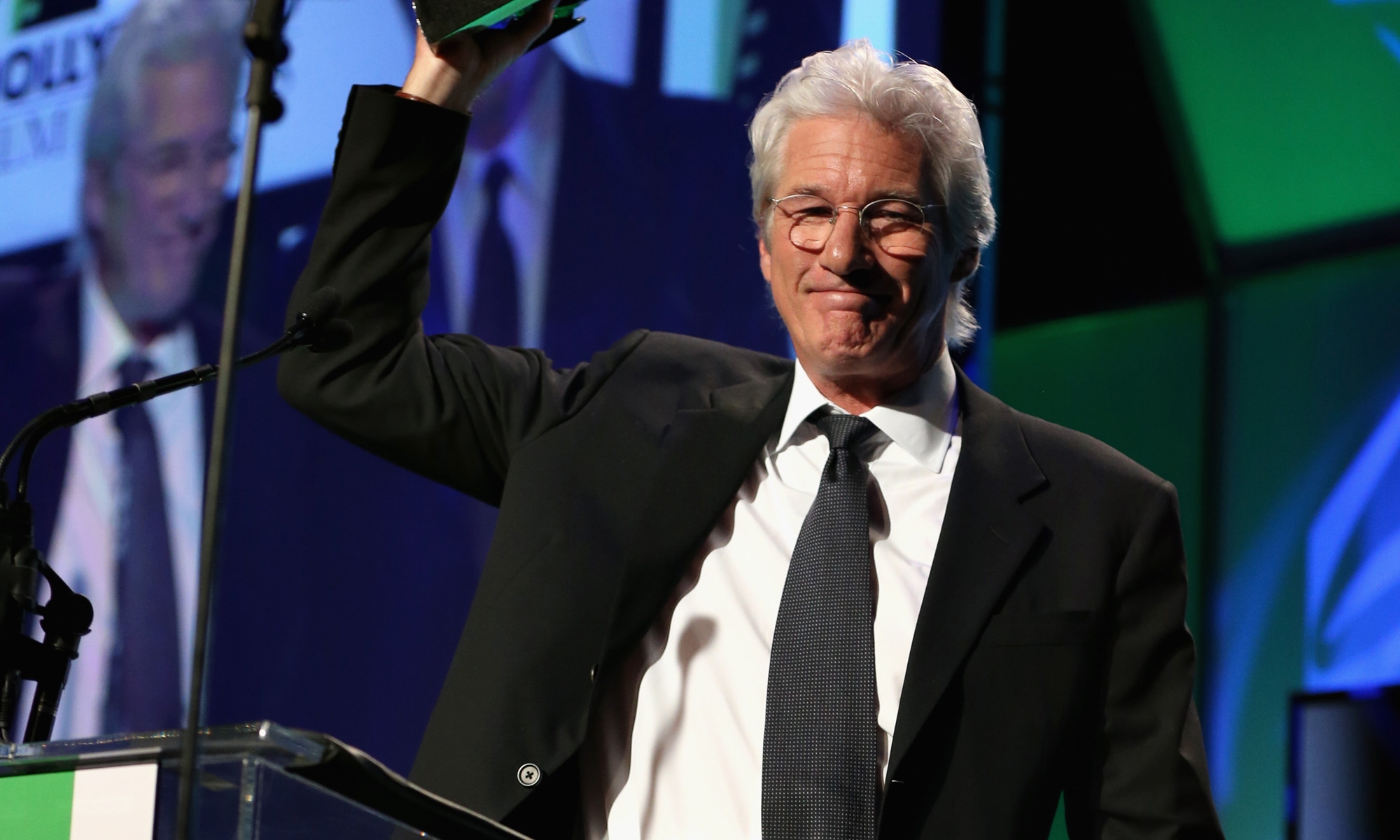This story appeared in the Nov. 14 issue of AwardsLine.
Director Nicholas Jarecki’s Arbitrage tells the story of a charismatic businessman whose shady deals finally start getting the better of him. Richard Gere plays the smooth, successful commodities broker, and he’s earned some of his best reviews in years. Gere recently spoke with AwardsLine about his character, shooting in New York City, and working with a first-time director.
AWARDSLINE: Do you still look for the same things in scripts that you did when you first started acting?
RICHARD GERE: To be honest with you, I can’t remember that I was ever looking for anything. I was waiting for something to touch me. It’s like, I’ll be open to it, and see if it moves me. There has to be a “falling in love” moment. At the same time, you can’t know what the voyage is going to be. There has to be something that beckons that voyage and process. And I don’t know what that is. Things come out of nowhere, and you start evaluating the director, the cast, and all those other things going into it.
AWARDSLINE: You’ve said that the character you play in Arbitrage, who has been called a Bernie Madoff-type of antagonist, is really more of a guy in a bad situation, rather than a traditional bad guy.
GERE: He does bad stuff. Bernie, by all accounts, was a sociopath. I mean, this is someone who was off the charts. I don’t think (character Robert Miller) was a sick guy, in the clinical sense of sick. He’s sick in the sense of he’s not responsible in an emotional way to his world. But that’s a sickness we all can have. (Laughs).
AWARDSLINE: Were there any scenes that were particularly challenging for you during the shoot?
GERE: Shooting in New York can be a problem. I remember a scene (with Graydon Carter, who played James Mayfield in the film)—that actually turned out really well—at Le Caprice, the restaurant at the Pierre Hotel. It was one of the most trafficked places in New York, and we didn’t have enough people to control it; it was a small production, so just getting to and from the set was hysteria. It took me some concentration to keep at it (in the scene) because I was coming in from outside, so I had to walk through a crowd, come in the front door, and play the scene.
AWARDSLINE: Was there anything about working with a first-time director Nicholas Jarecki that surprised you?
GERE: No, I was just very open. (Sometimes when) someone’s directing for the first time, they’re afraid to include everyone—they have to prove they’re the director. But he never was like that. He would always encourage ideas and go with the best idea.
AWARDSLINE: What was the rehearsal process like?
GERE: He asked me, “How do you want to (rehearse)?” I said, “Slow, easy, as much time as we can. We don’t even have to talk about the script.” A lot of making a movie is the comfort level of the people. It’s just feeling open. We need to get along. We have to know something about each other. We made a lot of tea. He laughs about it because I insisted on having tea to make me feel (at ease). And you can’t lose that way. You hire the best, create an environment where the best will come out, and, of course, you’re going to be fine.
AWARDSLINE: A lot of actors are producing and directing in order to have more control over the projects that they do. You’ve dabbled in some behind-the-scenes work, too, but is gaining that control important to you?
GERE: I never felt a lack of it. Very rare were the times that I was locked out of the process. And most of the time that I was, it didn’t bode well for the movie. I’m rarely in a situation where, if you have a good idea, it’s not embraced. That’s stupid. And I don’t work with stupid people.
AWARDSLINE: Is the promotional work for a film more demanding than it was when you started in the business?
GERE: No. I’ve actually done longer interviews (for Arbitrage). The ones that are killer is when you do 150 in one day at, like, 3 minutes each. (To someone in the background) That’s tomorrow? (Laughs). That’s tomorrow! It’s deadly, but you try to make it sound like it’s the first time you’ve said it. But it goes with the territory. I mean, you have to do that with every movie.
A movie like this, they don’t have the kind of power to go out and buy television. I certainly am doing more on this picture than I would normally do because of where I am on the marquee (and) the fact that this company doesn’t have unlimited power to break through in the marketplace. So it’s up to me and (the rest of the cast) to do a job that maybe in the not-too-distant past would have been just a TV buy.


